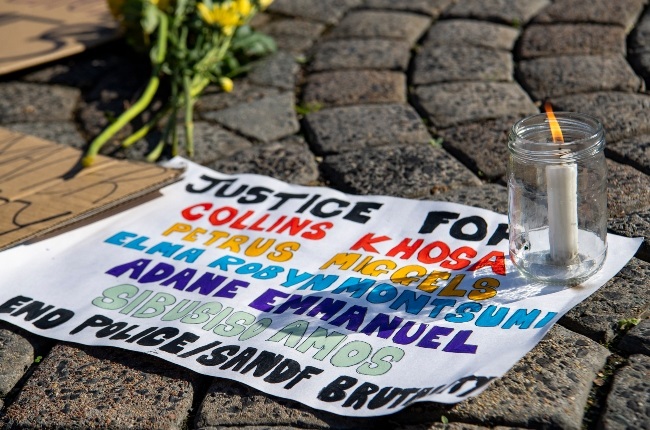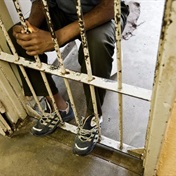
The pandemic has presented challenges for governments around the world, and a recent report of 149 countries suggests our human rights have been particularly hard hit during the last year.
In South Africa, our first national lockdown – a harsh one by international standards at the time – was imposed on 27 March 2020. It threatened to undermine our rights to freedom of movement and association and other rights such as to education, justice and reparation.
This is according to Amnesty International Report 2020/21: The State of the World’s Human Rights that claimed many governments "weaponized" the coronavirus to further repress citizens' rights.
It noted the virus disproportionately hit ethnic minorities, refugees, and women.
“We face a world in disarray,” said Agnès Callamard, Amnesty International’s new Secretary General.
“Covid-19 has brutally exposed and deepened inequality both within and between countries, and highlighted the staggering disregard our leaders have for our shared humanity. Decades of divisive policies, misguided austerity measures, and choices by leaders not to invest in crumbling public infrastructure, have left too many easy prey to this virus.”
These were some of the key areas noted in the report where South Africa failed live up to its duty to protect its citizens’ human rights.
Read more | Human rights nightmare
GBV
Gender-based violence continued to soar in South Africa – at a rate that was nearly five times higher than the global average, Amnesty said.
Reports of rape and sexual assault increased by 1.7% in the first quarter of 2020, with more than 42 000 rapes reported in 2019-2020 and almost 144 sexual offences committed every day.
The violence became worse during lockdown and within the first week, police received over 2 300 complaints.
In June alone, 21 women were reportedly killed, including Tshegofatso Pule, a 28-year-old pregnant woman from Roodepoort, west of Johannesburg, who was found hanging from a tree with multiple stab wounds.
Excessive force
In March, government deployed around 76 000 officers of the South African National Defence Force (SANDF) and police officers onto the streets to enforce lockdown restrictions.
Widespread reports of their use of excessive, and sometimes unnecessary, lethal force against the population quickly emerged.
The Independent Police Investigative Directorate (IPID) received 828 complaints of police misconduct between 25 March and 5 May. These included 16 deaths in police custody, 32 deaths as a result of police action, eight incidents of rape by police officers, 25 reports of torture in custody, and 589 assaults.
One example was Collins Khosa, who died on 10 April in Alexandra after he was assaulted and brutally beaten by members of the SANDF and police who claimed he had violated lockdown rules when they found a half-consumed glass of beer in his yard.
Read more | Tshegofatso Pule's murder: 'Mastermind' promises to reveal motive for killer's guilty plea at trial
Health
Health worker’s rights were also affected, and by early August at least 240 health workers had died after contracting Covid-19.
These workers were at particular risk of infection due to the lack of personal protective equipment.
Amnesty also noted a lack of availability of or access to sexual and reproductive health services, including safe abortion during the pandemic.
Education
Educational inequality was further exacerbated when the pandemic led to school closures and students in poorer communities did not have access to remote learning.
The government paused its national school feeding programme that over 9 million learners had benefitted from.
The report also accused the authorities of failing to use the school closures as an opportunity to improve infrastructure. Children and staff who returned to school in August didn’t have adequate water, sanitation or PPE, and teaching/learning conditions prevented them from practising physical distancing.
Refugees
The government’s failure during lockdown to abide by their constitutional and international legal obligations towards refugees, asylum-seekers and undocumented migrants was particularly marked, the report said.
The government’s Covid-19 aid programmes and social relief arrangements were initially only available to people with national identity documents. Only spaza shops owned by nationals were allowed to operate during the first phase of lockdown, and the president lent his support for legislation to restrict foreigners from working in some sections of the economy.
Fuel was easily added to SA's xenophobic fire at this time and a Twitter campaign #PutSouthAfricaFirst quickly led to violence and looting of 124 spaza shops owned by foreigners and other businesses in Thokoza in September.



















